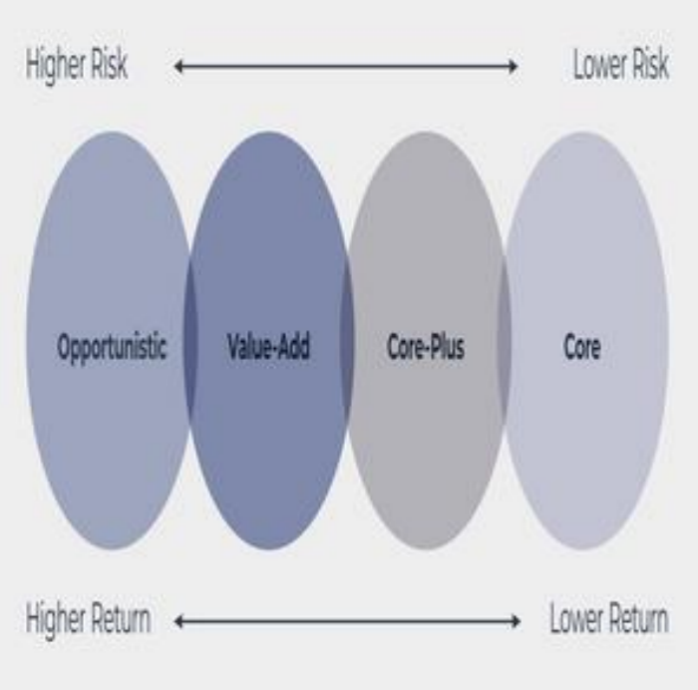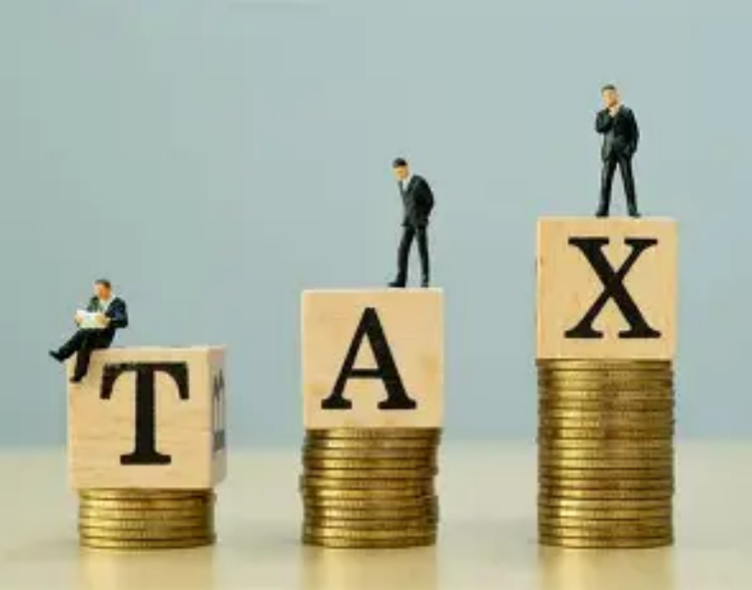In today’s interconnected economy, changes in exchange rates are a major worry for those who spend a lot. These unpredictable shifts in currency can reduce your wealth or create surprising chances. Instead of relying on standard methods, let's look at advanced strategies designed to protect your assets against the constant ups and downs of exchange rates.
Diversifying Currency - Denominated Assets
Individuals with high net worth frequently hold their wealth in one or a few main currencies, which makes them susceptible to currency fluctuations. A wiser strategy would involve spreading investments across various currencies. Rather than only depending on the US dollar, euro, or yen, think about designating part of your investments to currencies from emerging markets that show promise for the long term. For instance, the Singapore dollar is recognized for its stability due to the strong financial framework of the city-state, and the UAE dirham benefits from considerable oil reserves and a vibrant economy.

Another approach is to invest in currency-diversified funds. These funds comprise a selection of various currencies and can automatically adjust the proportions based on current market trends. Certain specialized funds even target currencies from nations that have distinctive economic traits, like those that are rich in natural resources or are rapidly advancing in technology, which adds an extra layer of diversification and potential for increasing value.
Leveraging Derivatives Wisely
Derivatives are often viewed as complicated financial tools, yet they serve as effective methods for protecting against risks related to exchange rates. For individuals with significant spending habits and large international portfolios, options contracts provide useful flexibility. For example, a currency call option enables the buyer to purchase a specific currency at a fixed price within a certain time frame, without feeling obligated to proceed. This is particularly useful for safeguarding against possible increases in currency value that might raise costs for foreign assets or lower earnings from investments in other currencies.
Forward contracts are important as well. Wealthy investors who frequently make payments or receive income from abroad can utilize forward contracts to secure an exchange rate for upcoming transactions. This approach removes the unpredictability of currency changes, maintaining consistent value for their payments or income. Nevertheless, it is crucial to carefully examine market conditions and seek guidance from financial professionals to select the best terms for these contracts.
Strategic Real Estate and Commodity Investments
Investing in real estate in areas with stable currencies can help protect against changes in exchange rates. Buying luxury properties in cities such as Zurich, Hong Kong, or Sydney not only offers a high-end lifestyle but also serves as a reliable investment. These properties are frequently sold in strong currencies and usually gain value over time, which can help balance out losses from currency falls in other investments.Commodities, especially precious metals like gold and platinum, are known for being safe investments. During times of major shifts in exchange rates and economic instability, they often hold their value or even rise in price. Wealthy individuals might choose to invest in gold-backed exchange-traded funds (ETFs) or in physical gold kept in secure international vaults. Furthermore, investing in commodities such as oil, natural gas, or agricultural goods can be a smart decision since their prices are affected by different factors beyond just currency changes, allowing for additional diversification.

Tax - Efficient Structuring and Repatriation
Changes in exchange rates can greatly affect taxes, particularly when bringing money back home or selling assets in other countries. Individuals with high expenses should consult with international tax specialists to create effective tax strategies. For instance, using holding companies in tax-friendly areas for foreign investments can lessen the total tax paid when converting earnings from other currencies into their local currency.

Additionally, timing is vital when transferring funds back. Keeping an eye on currency trends and selecting the right time to repatriate can help reduce losses from poor exchange rates. Some investors may even choose to transfer funds gradually, which helps to balance the effects of fluctuating exchange rates.
In summary, safeguarding your wealth against exchange rate changes involves a mix of creative strategies, detailed market understanding, and meticulous planning. For those with significant expenses, these methods can help maintain asset value while also taking advantage of currency shifts to improve their financial situation.




